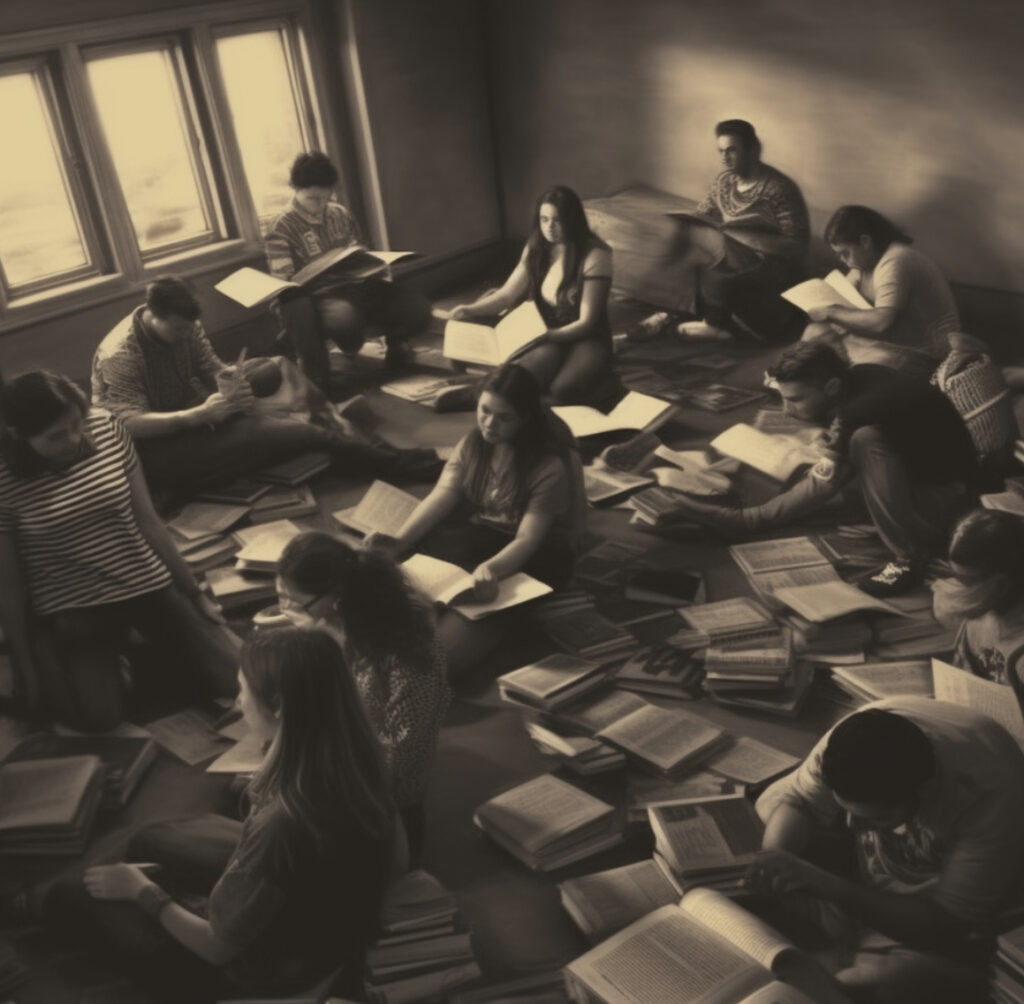In today’s fast-paced, convenience-driven society, we often find ourselves outsourcing tasks to achieve comfort. From dishwashers to robo-vacuums, our homes are filled with gadgets designed to save us from exerting physical effort. Yet, buried within our DNA is the essence of our hunter-gatherer ancestors who thrived on physical work and the satisfaction it brought. It’s high time we recapture that essence.
Di Tran, an esteemed author and advocate for a more hands-on approach to daily life, embodies this perspective. He finds joy in tasks many would consider mundane. From washing dishes to cleaning up after his children, Tran derives not only physical but also mental benefits from these tasks. Although the chaos created by children can be frustrating, he uses these moments to engage his mind and body in a productive and fulfilling manner.
His love for manual work is reflected in his literary contributions. Titles such as “Drop the ME and Focus on the OTHERs” and “Guiding Lights: A Journey of Courage, Compassion, and Faith” emphasize the importance of focusing on others and the larger community. His soon-to-be-released “Drop the FEAR and focus on the FAITH” will no doubt further explore these themes.

Tran’s ideas are not isolated. Numerous authors echo his sentiments. Matthew Crawford’s “Shop Class as Soulcraft” delves into the intellectual and manual labor’s interconnectedness, emphasizing the joy derived from working with one’s hands. Similarly, Cal Newport’s “Deep Work” elaborates on the profound satisfaction achieved when we immerse ourselves wholly in a task, eliminating the distractions of the modern world.
The key message here is simple: Embrace physical tasks. Doing so not only benefits our bodies but also nurtures our minds. Let’s draw inspiration from Di Tran and countless others who have rediscovered the joy of manual work. The next time you consider paying your way to comfort, remember the hunter-gatherer within and choose the path of engagement and satisfaction.



